Realface
Face it: you're not yourself.
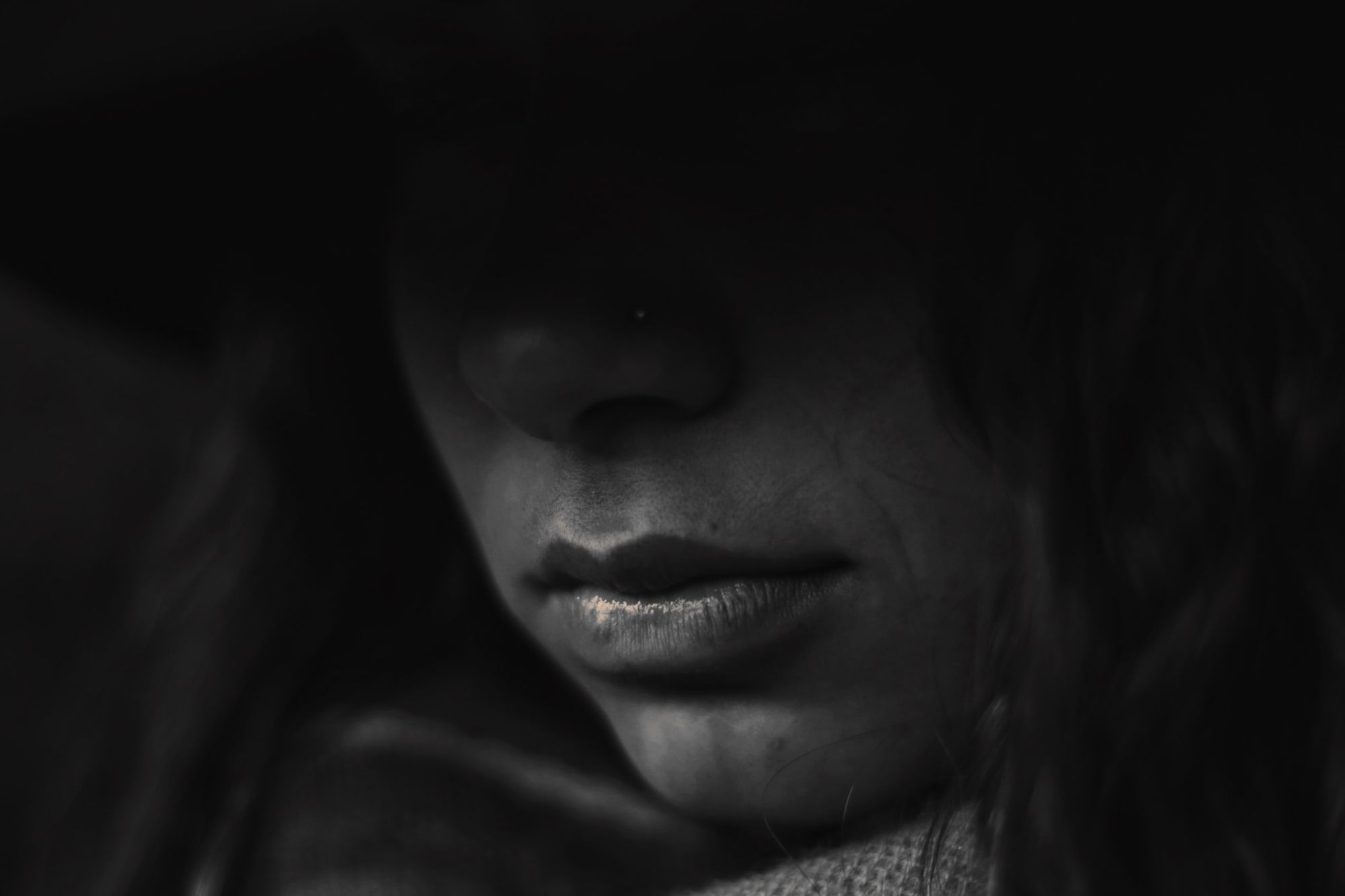
Years back, I met a date online. We only chatted briefly - bored on a Saturday night, she suggested meeting up.
Don't worry, she said, my photos are all recent.
I panicked. Were mine?
...
Dates who don't resemble their profiles are the least of it.
Our brains are optimised for human faces, but the coding's fallible.
There are faces we think we know, like those of icons, frozen in time. I remember seeing a photo of an older Frank Sinatra, or Audrey Hepburn; so unlike the shots we're used to seeing.
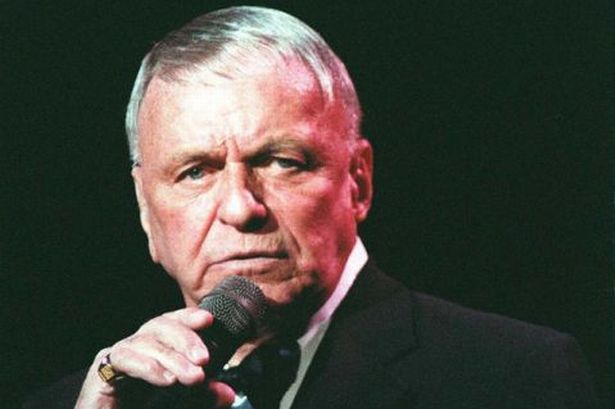
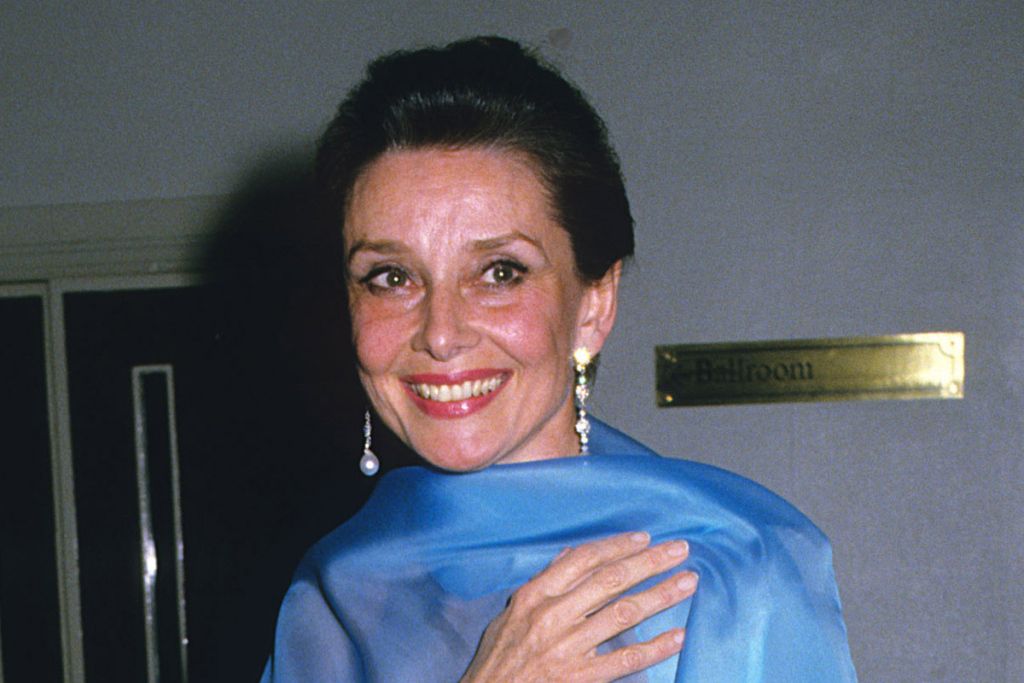
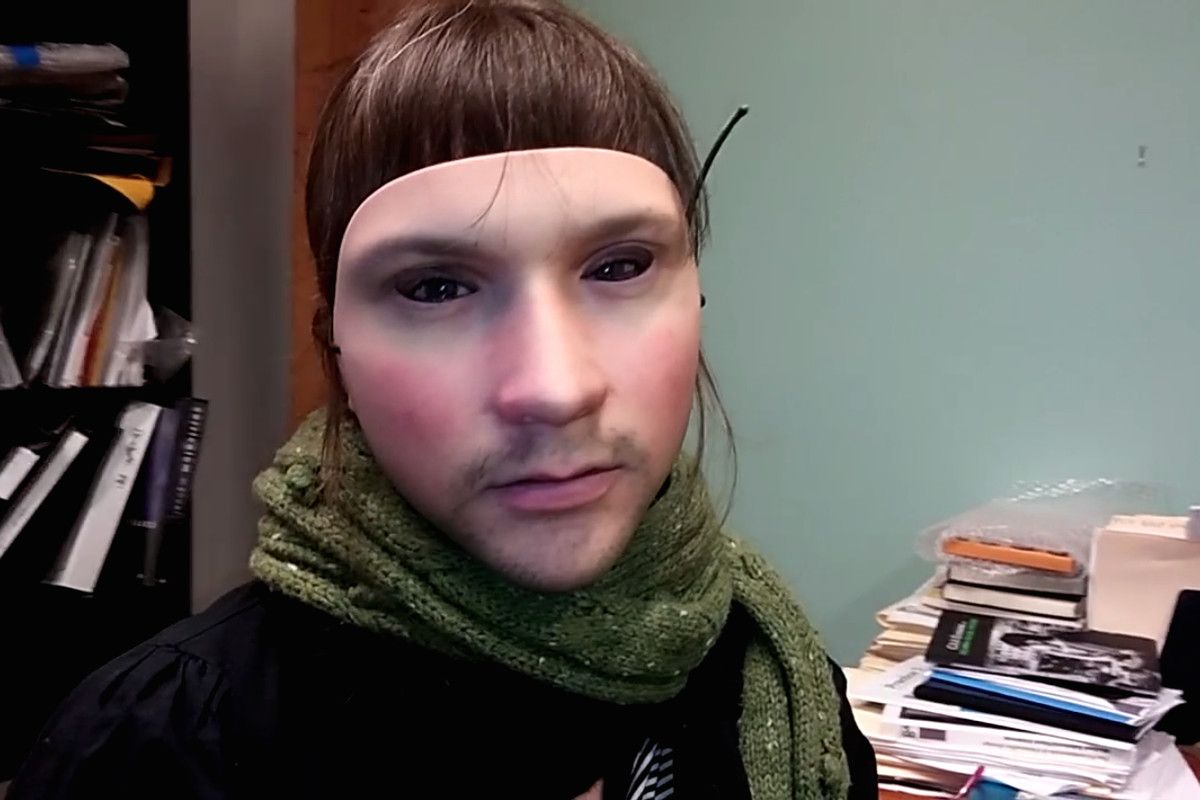

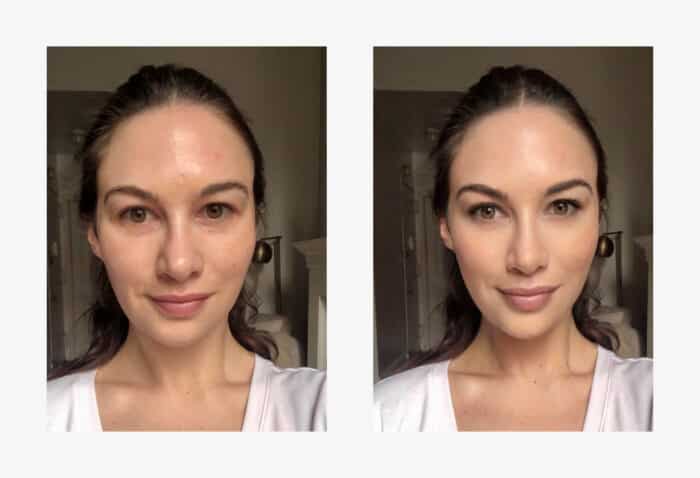
Our own faces are distorted too: mirrors reverse them, so do Zoom calls and selfie shots.
Most of us put cameras in our pockets without knowing about lens distortion and focal compression; so every photo fucks a little with our self-image. Add some filters and pretty soon you're looking for an optimised you.
No one looks like the stoic driving licence photo, but CCTV everywhere is putting our faces in unlimited government galleries. You can try to escape the state, try geometric make-up to confound facial recognition. Or perhaps don a mask and become someone else.
The promise of an anonymous internet is to transcend form entirely.
If an emoji is universal, an avatar is personal.
I follow people whose profile photos gradually evolve over time across races, genders, and age.
There's a start-up, Oasis, which promises something else - the ability to appear, in real-time, however you wish.
Because that's our virtual dream. To look like our photos. Or nothing like them at all.
.
.
.
